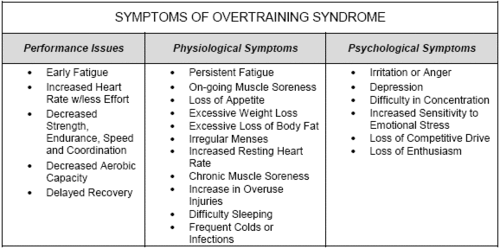
As many of you already know, strength training produces many positive health benefits including but not limited to increased strength, endurance, muscle and bone mass, decreased blood pressure, body fat, risk of injury and falls. Recently, research has revealed that strength training improves cognitive function and reverses certain genetic markers of aging. No longer is lifting weights just something you do to make your muscles bigger. We now know that it makes you smarter and younger!
At Serious Strength Personal Training (my strength studio), we have always advocated two weekly strength training sessions for best results. One weekly session does indeed provide good benefits, but not as good as two for the vast majority of people I have trained over the past 25 years and more than two has never seemed to produce significantly better benefits if any at all.
Below is a table sent to me from my friend Dr. Wayne Westcott. Dr. Westcott is one of the countries foremost experts in exercise science. He just completed a large scale study involving over 1600 subjects comparing 1,2 and 3 strength training sessions a week over a 10 week period. His training methods are very similar to ours – 20-30 minute sessions, single sets of each exercise, multiple exercises per body part, slow repetition tempo continued to total muscle exhaustion or as we describe it "muscular success."
Table 2: Baseline to Post Test Changes (M±SD) by Training Frequency
1XWk Group 2XWk Group 3XWk Group
(n=81) (n=845) (n=693)
| Percent Body Fat (%) |
-1.43a (±1.35) |
-1.85b (±1.49) |
-2.19c (±1.52) |
| Fat Weight (kg) |
-1.34a (±1.72) |
-1.47a (±2.04) |
-2.01b (±2.61) |
| Lean Weight (kg) |
0.33a (±3.57) |
1.40b (±3.21) |
1.40b (±2.53) |
| Systolic Blood Pressure (mmHg) |
-4.19a (±12.13) |
-3.14a (±13.53) |
-4.63a (±14.63) |
| Diastolic Blood Pressure (mmHg) |
-1.97a (±8.33) |
-1.36a (±9.89) |
-2.15a (±8.89) |
Values that significantly differ (p<.05) are denoted by different superscripts.
As you can see, 2 weekly training sessions produced significantly better gains in lean weight than one session a week (3lbs. vs. <1lbs.) and better losses in fat mass. What is probably most interesting to many, is that three strength sessions a week did not produce better gains in lean tissue.
And though 3 weekly sessions did produce better fat loss than 2 sessions a week, since diet was not part of the study, we cannot attribute any amount of the fat loss to the training. It may have had an effect, but the added fat loss could not have been caused by the few extra calories burned in one, 20 minute strength session since most of the energy used when exercising come from stored muscle glycogen and not body fat. And even if it was pure fat being used, the math just doesn't add up. It could just have been caused by continued preoccupation, meaning, they didn't eat as many sugary, fat promoting foods since they were exercising.
Benefits to blood pressure were statistically equal for all groups. That's nice to see!
If you look at the table up top on over training, since there is no evidence that more exercise is better, you can save yourself from the above mentioned symptoms. I mean, if three sessions is not better than two, do you think four sessions will be any better? Me neither.
So, it behooves you to try and squeeze in two weekly strength sessions for best overall results. This is one reason why we created the Serious Strength Lite, 15 minute strength training session at our studio. Short, but really sweet. A little can go a long way. Even training 3 times in a two week period will benefit you to a greater degree than one session a week.
For fat loss, just eat right which research suggests is a low sugar, adequate fatty protein diet.
Now go get strong! Your thoughts?











